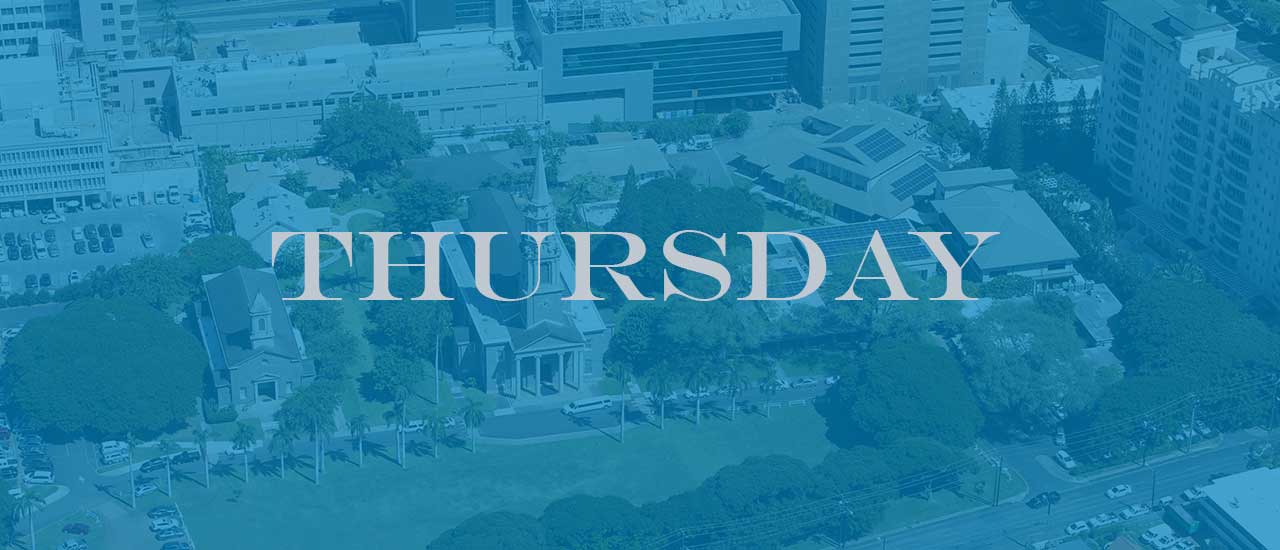In the midst of modernity and the rise of science, we began to study the unique attributes of the world, and specifically how humans work. While not everything is solved, we know much more about how our bodies function; the power of the mind and the importance of well-being.
In a powerful article titled “Dying of Despair,” psychiatrist Aaron Kheriaty observes the startling rise in deaths from suicide and drug overdoses. He points to a number of long-term studies that have analyzed the difference between high-risk patients who survive and those who die by suicide. Here’s his conclusion of this research:
“Over a ten-year span, it turns out that the one factor most strongly predictive of suicide is not how sick the person is, nor how many symptoms he exhibits, nor how much physical pain he is suffering, nor whether he is rich or poor. The most dangerous factor is a person’s sense of hopelessness. The man without hope is the likeliest candidate for suicide. … We cannot live without hope.”
While modernity has given us the scientific proof, the great teachers of faith have already been saying this throughout time, “We cannot live without hope!” Hope is a vital tool that allows us to continue to awaken each day and press on through life. It is hope that grants us second, third and countless other chances to get this right. Read Romans 5:1-5 and allow these words of Paul to fill you today!






